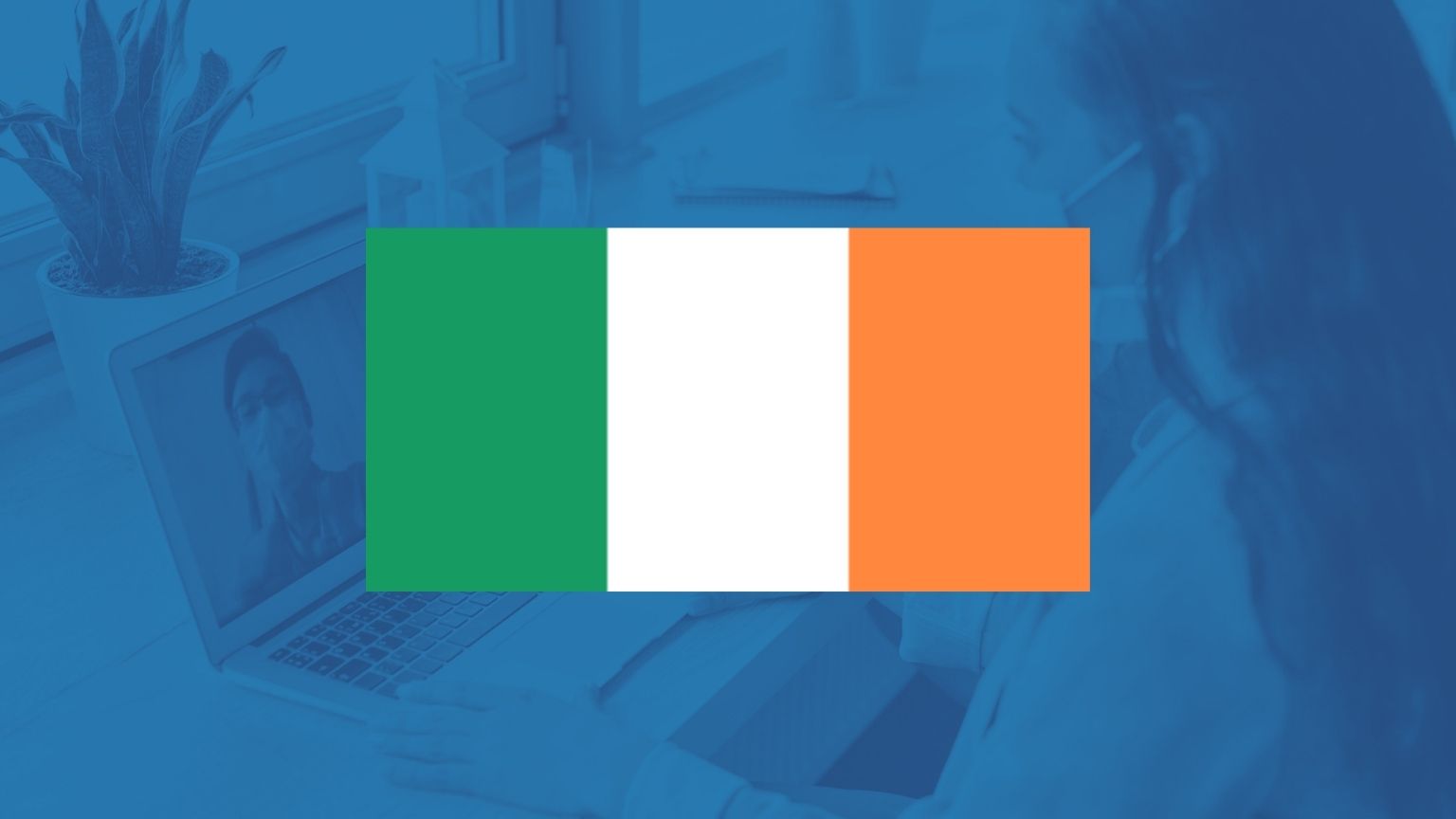The “misinformation” fact-checking and identifying industry is thriving, along with censorship around a host of global and heavily politicized hot-button topics – whether or not on the face of it, those have to do with health or social crises.
And what that censorship and the businesses it has spawned have in common is their lack of transparency.
The effect and therefore importance of their actions is massive, since what is left uncensored and available on the most widely reaching platforms are powerful narratives that eventually create and sway public opinion, critically minded observers say, noting also that decisions in the public interest and funded by public money are increasingly taken by unaccountable private firms that prefer to keep their work in the shadows.
The concerns raised about the operation of Kinzen in Ireland revolve around these issues. The private company, which says it is offering solutions representing “a unique blend of human judgement and artificial intelligence, shaped through partnership with trust and safety professionals and disinformation experts,” was given more than €110,000 of public money over nine months by the Irish government to assist the Department of Health in “combating misinformation.”
But it is now emerging that Kinzen – although contracted by the government and paid with public money – explicitly asked the Department of Health to make details about how it does its work a secret, and was granted that request, as the company’s name is being left out of media reports, with the Irish government ministry’s help. In addition, Kinzen was awarded the contract outside what Minister Stephen Donnelly said would have been “normal tendering procedures.”
And while Kinzen labored in obscurity – critics say, often to flag accurate and true content – the product it was selling the Irish state were a number of reports called “Disinformation Digest,” that Irish media platform Gript has been able to obtain thanks to the fact that, in this particular case, a fact-checker and “moderator-assister” like Kinzen was hired by the government. When these companies work for other private entities like Big Tech’s social platforms, the chance of any proper transparency flies out the window.
And even though the “Disinformation Digest” records are available, the inner workings of Kinzen – founded by former RTE presenter Mark Little and former Irish Independent journalist Aine Kerr – remain a mystery.













